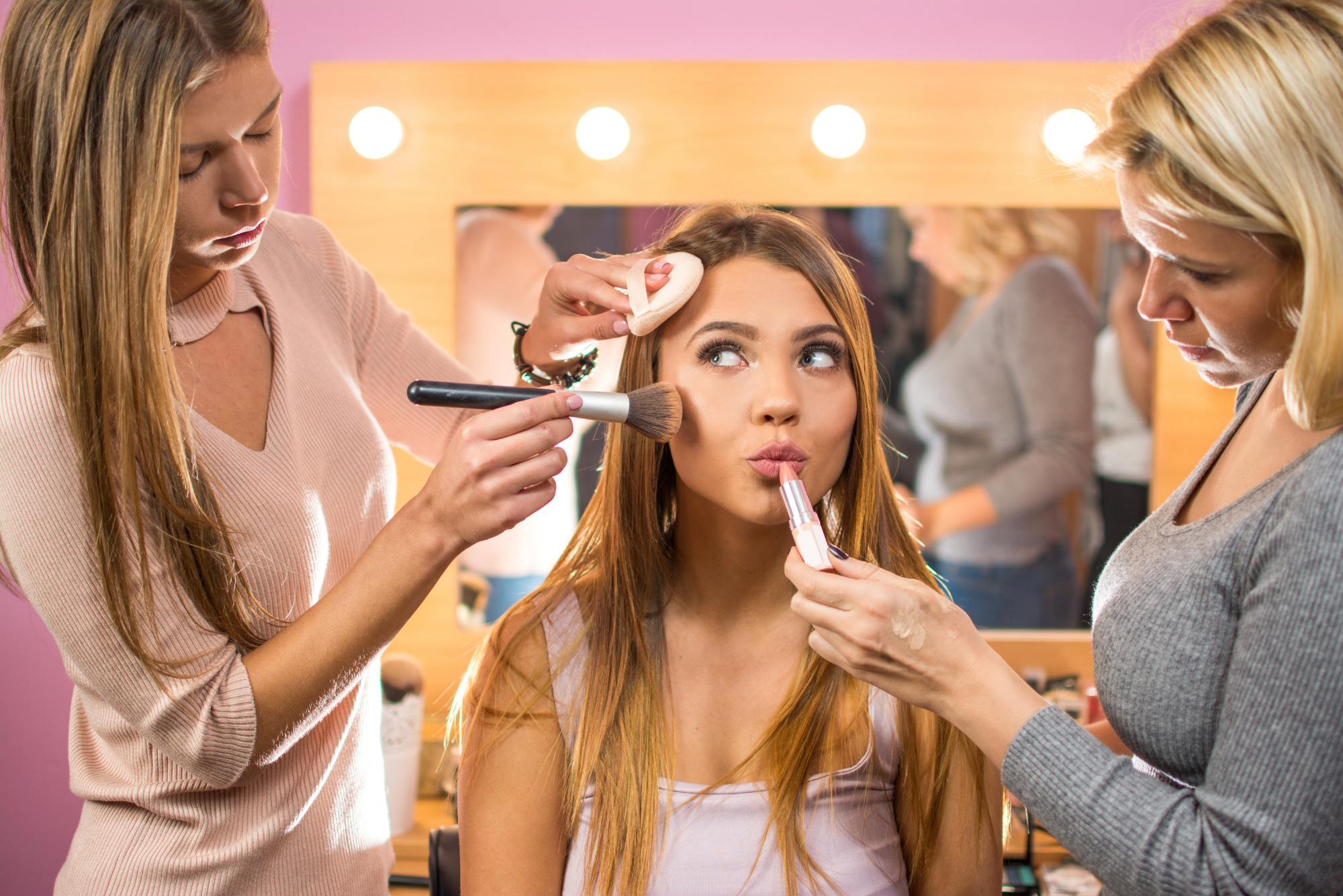
But only one of these is labeled as toxic. Instead of starting with one laurel alcohol, sodium cocoyl sulfate begins with a blend of fatty acids that reacts with sulfuric acid and sodium carbonate. That’s great! On the other hand, sodium laurel sulfate has a 1-2 rating but has a terrible rap sheet:īut here’s the kicker, sodium cocoyl sulfate and sodium laurel sulfate are chemically similar with one difference.

For example, it lists sodium cocoyl sulfate as a 1 with no listed health concerns. Some ingredients are rated unfairly lowĮWG doesn’t always take raw materials and chemical composition into consideration. While the EWG report gives you great insight into what goes into your products, you have to take it with a grain of salt. 7 reasons you shouldn’t trust EWG ratings The database takes the average of each ingredient’s rating to give you the product’s overall EWG score. You can also dive deeper into the ratings by seeing each ingredient’s grade and the scary concerns that may come from each chemical, such as developmental or reproductive toxicity or endocrine disruption. But if a product contains toxic ingredients, often potentially carcinogenic or cancer-causing, you’ll see a very stern, red “10” telling you to stay away. If a product scores a green “1,” it’s considered non-toxic and most consumers race to the store to snatch it up. The EWG score is on a scale from 1 to 10, with 0 reserved for the most coveted award: EWG Verified. How does the EWG Skin Deep database work? Unfortunately, there are flaws with the EWG Skin Deep database that you should consider before buying into the EWG rating system. And some brands now even reference their low scores on EWG as a badge of honor for product safety. Enter the EWG Skin Deep Database.ĮWG Skin Deep is a searchable list of personal care products with EWG’s internal product rating based on whether it has toxic ingredients.


More and more companies are promoting clean beauty and advertising all-natural and chemical-free ingredients. You’ve probably heard of the EWG’s Dirty Dozen (a list of the “dirtiest” or pesticide-covered fruits and vegetables) and the EWG’s annual sunscreen report. EWG or the Environmental Working Group is a private, non-profit organization funded by private foundations, individuals and companies.


 0 kommentar(er)
0 kommentar(er)
